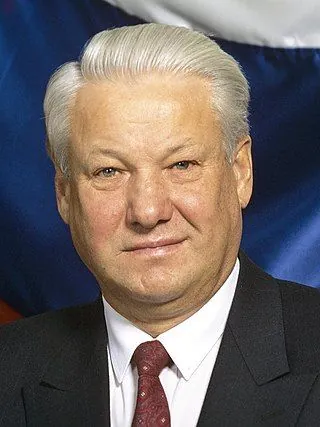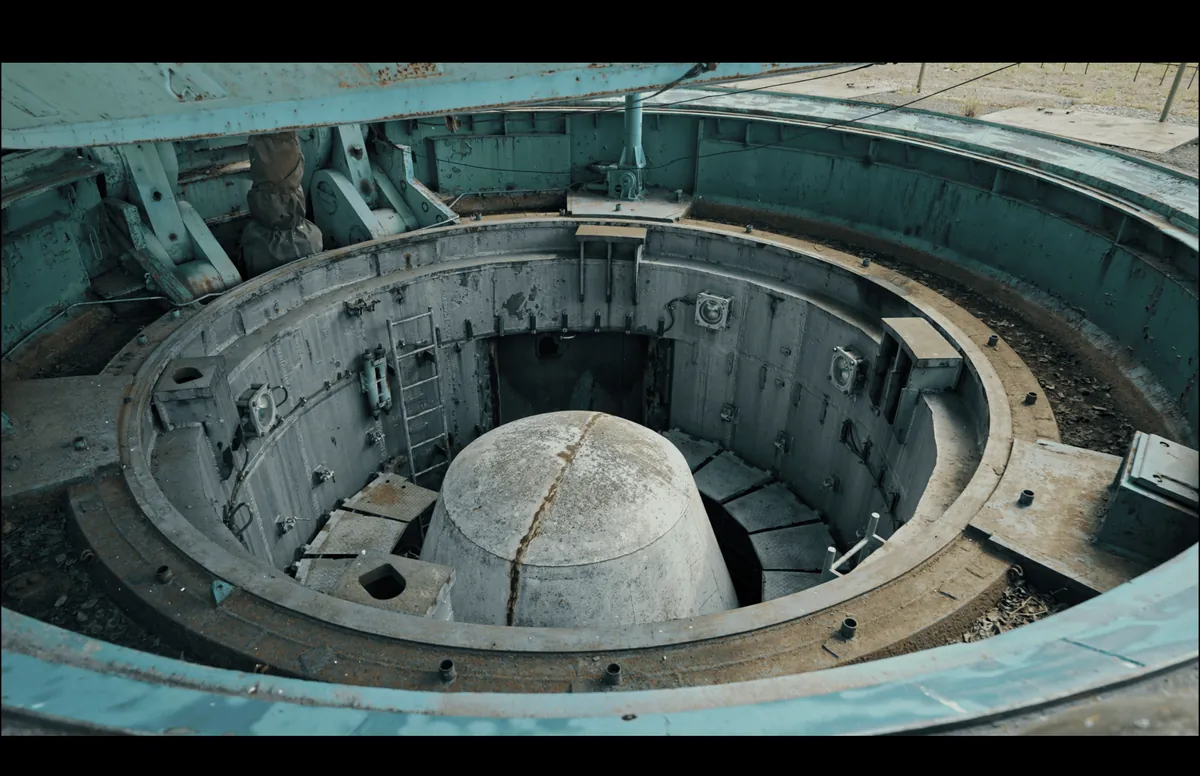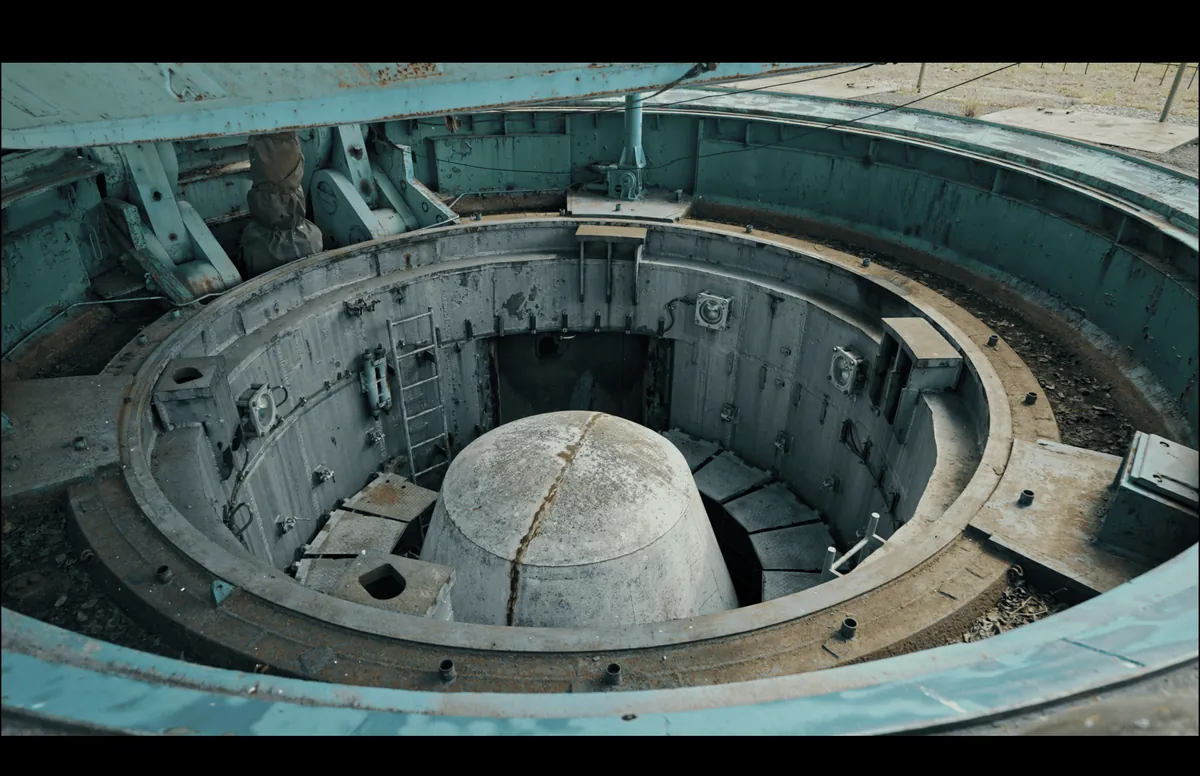Boris Yeltsin
Boris Nikolayevich Yeltsin was a Soviet and Russian politician who served as President of Russia from 1991 to 1999. He was a member of the Communist Party of the Soviet Union from 1961 to 1990. He later stood as a political independent, during which time he was viewed as being ideologically aligned with liberalism.

Some of the key events about Boris Yeltsin
- 1961Joined the Communist Party of the Soviet Union and began his political career
- 1977Became First Secretary of the Sverdlovsk Regional Committee
- 1985Appointed First Secretary of the Moscow City Committee by Mikhail Gorbachev
- 1989Elected to the newly created Congress of People's Deputies
- 1989Fell from a bridge into a river during a drunken episode
- 1990Elected Chairman of the Russian Supreme Soviet
- 1991Led resistance against the August Coup attempt by Soviet hardliners
- 1991Became the first democratically elected President of Russia
- 1991Signed decrees that banned the Communist Party and seized its property
- 1992Launched economic reforms to transition Russia to a market economy
- 1993Oversaw the adoption of a new Russian Constitution
- 1993Ordered tanks to shell the Russian White House during a constitutional crisis
- 1994Launched a brutal military campaign in Chechnya
- 1995Suffered a heart attack, raising concerns about his health and leadership
- 1996Won re-election as President of Russia in a competitive election
- 1996Underwent quintuple heart bypass surgery, further questioning his fitness for office
- 1998Abruptly dismissed his entire government, including Prime Minister Viktor Chernomyrdin
- 1999Oversaw a period of economic crisis and the devaluation of the ruble
- 1999Unexpectedly resigned as President, handing power to Vladimir Putin
- 2000Granted immunity from prosecution for himself and his family after leaving office
Disclaimer: This material is written based on information taken from open sources, including Wikipedia, news media, podcasts, and other public sources.































